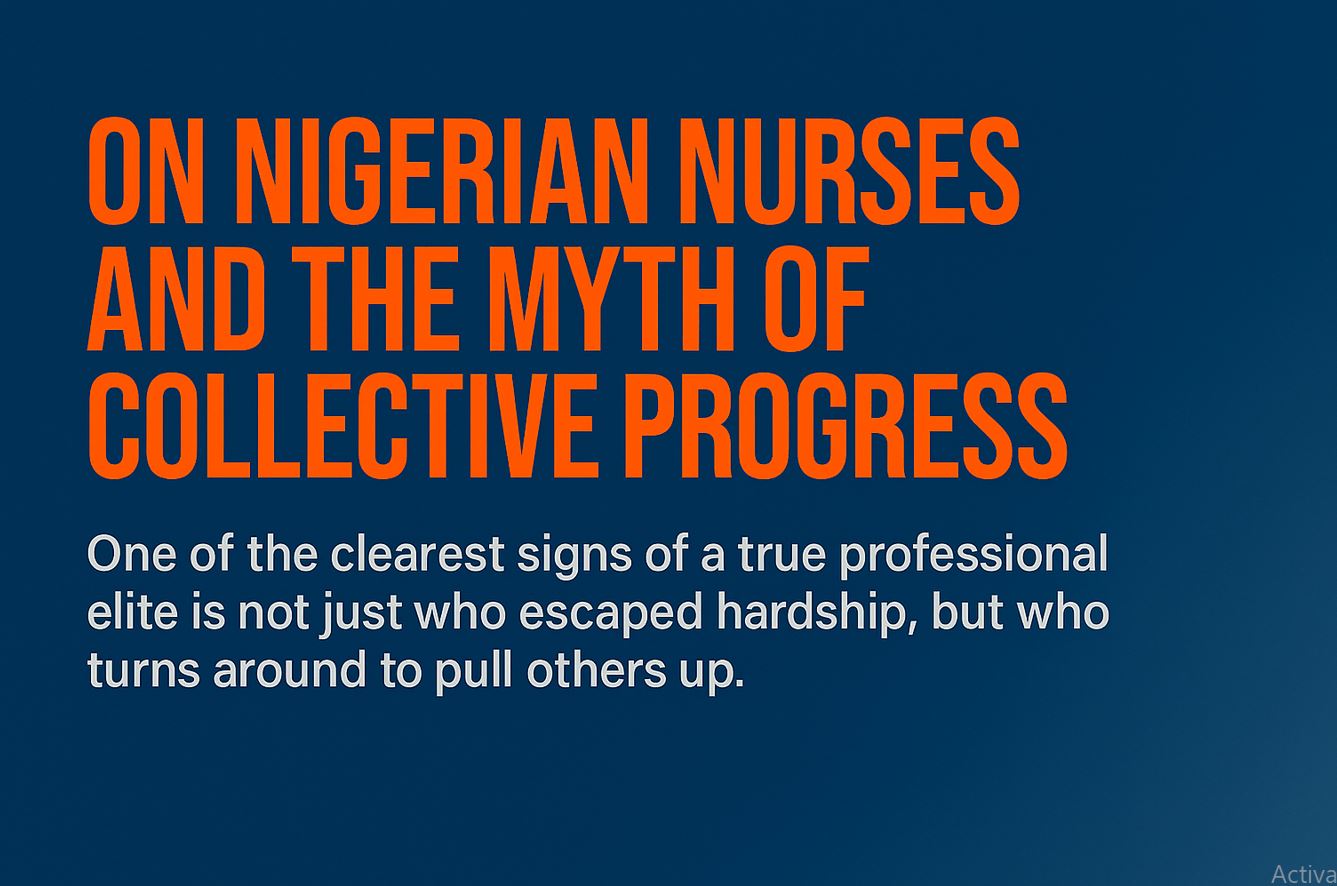The Medical and Dental Consultants’ Association of Nigeria (MDCAN) has said that medical education in Nigeria is under threat due to the incessant migration of specialist doctors from the country to other regions.
MDCAN raised the alarm in a communique issued at the end of its biannual delegates’ meeting in Kano.
The president of the association, Professor Muhammad Aminu Muhammad, who read the communique to journalists, said over the years, many doctors are leaving the country over poor remuneration.
The development, he said, was not only putting patients at risk but also affecting medical education in the country.
He said while the gap in the patients-doctors’ ratio continues to wide, the number of specialists to teach future medical doctors was also decreasing.
“The Nigerian healthcare system is facing a myriad of challenges that include poor financing, brain drain, inadequate healthcare facilities, obsolete equipment, and poor and inadequate insurance coverage.
“Medical education is under threat, mainly due to the large numbers of specialists and trainers migrating to other climes. Several universities presently have less training quota than the manpower and infrastructure in the institution can effectively train,” he said.
“The government is urged to, as a matter of urgency, provide holistic solutions to the challenges of brain drain, which should include incentives that encourage retention of the already depleted health care human resource in Nigeria,” he added.
Lagos suffers shortage of physiotherapists
The Director of Physiotherapy services, Lagos State Health Service Commission, Dr Ayobami Oni, has revealed that there is a reduction of physiotherapists in hospitals in the state due to brain drain.
Doctor Oni, who disclosed this during an interview with newsmen at the 2023 Health Service Commission physiotherapy week, explained that out of the state’s 28 secondary health facilities, only 17 of them have physiotherapy departments.
“Ordinarily what limited us is the Japa syndrome. We have over 100 physiotherapists in the past, but in recent times, the number fluctuates between 70 and 80,” he said.




